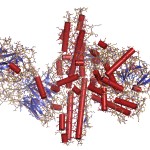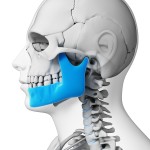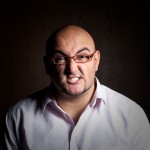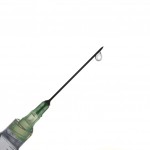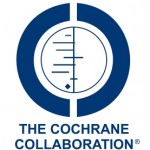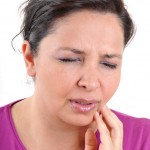
The review of the use of botulinum toxin type A injections in the management of primary bruxism in adults included 10 studies. Only 6 of the included studies were RCTs and the studies were generally small are very hetrogeneous so additional well designed and conducted RCTs are needed.
[read the full story...]